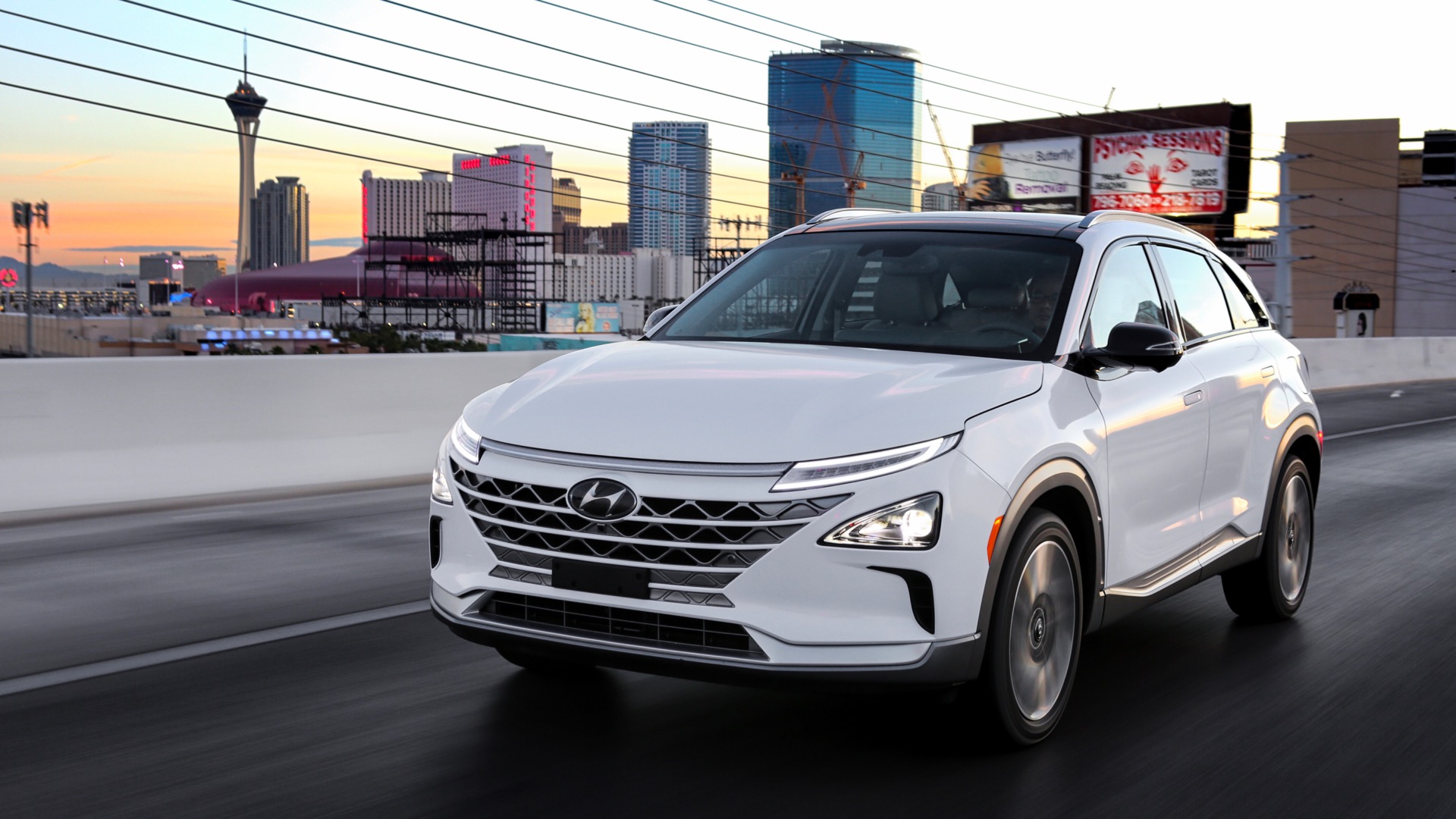

The high-stakes world of alliances between Level 4 autonomous drive system developers and major automakers, recently gamed out here at The Drive, has taken another twist. Reuters reports that Hyundai Motor Group has announced a new $4 billion joint venture with Aptiv, the automated drive system developer that was spun out of the Tier One supplier Delphi, creating another major center of gravity in the space.
Hyundai Motor, Kia Motors and the parts and service division Hyundai Mobis will collectively put some $1.6 billion in cash into the new joint venture, along with $400 million worth of R&D resources, engineering services and intellectual property. Aptiv’s half of the investment is all in-kind, between its autonomous drive technology and about 700 employees. Aptiv’s President for Autonomous Mobility Karl Iagnemma, will lead the new joint venture.
The partnership will focus on “the development of scalable autonomous driving solutions,” according to a Hyundai press release. Driverless testing is expected to start next year, with a “production-ready autonomous platform” available in 2022. This platform will be “available for robotaxi providers, fleet operators, and automotive partners,” Hyundai says, suggesting that the company will not seek to operate the resulting vehicles exclusively.
Hyundai Motor Group also recently participated in the self-driving startup Aurora’s $600 million Series B investment round, forging a partnership that has seen the Aurora Driver system integrated into Hyundai’s hydrogen flagship vehicle NEXO. In February 2018 five NEXO vehicles traveled 190 km from Seoul to Pyeonchang without any driver engagement, and Aurora and Hyundai plan to develop a self-driving platform for “a wide range of Hyundai and Kia’s models.” It’s not yet clear how responsibilities will be divided between the Aurora partnership and the new Aptiv JV, but an Aurora spokesperson tells The Drive that
Hyundai is both a great partner to Aurora, and an investor in the company. Our work together on the development of self-driving platforms and services powered by the Aurora Driver is progressing as planned.
Aurora spokesperson
The Aptiv joint venture comes as automakers and startups alike are consolidating their self-driving development efforts, as global auto sales and venture capital investments in autonomous drive technology both slow. As the cost estimates for autonomous vehicle deployments rise and the timelines for deployments get pushed out, companies are pooling their resources in hopes of developing the technology more affordably. Ford and Volkswagen are now partners in Argo, GM and Honda are both investors in Cruise Automation (along with Softbank), Toyota has grown closer with Uber ATG, and Aurora has juggled partnerships with Volkswagen, Hyundai Group and Fiat Chrysler while this latest joint venture vaults Aptiv into the ranks of the major partnerships. Alphabet’s Waymo has had vehicle supply deals with Fiat Chrysler and Jaguar, but a deeper partnership with the Nissan-Renault Alliance is said to be developing into what could be a major deal.
The big question hanging over the consolidating autonomous drive technology space is what, if anything, Softbank does to shore up its strategic position. With huge investments in both Cruise and Uber ATG, Softbank has split its chips between two of the bigger partnerships, and with its Vision Fund now under pressure as WeWork’s IPO woes drag on it could be inclined to either pick one side or try to combine them. Sources in the autonomous drive technology space tell The Drive that fears of a Softbank-funded AV “supergroup” are one of the motivations for the current round of intense consolidation.
But even if Softbank doesn’t shake thing sup further, expect consolidation to continue although perhaps less in the form of major developer and OEM partnerships and more in the form of small companies being “acquihired” by bigger players. With venture capitalists cooling on autonomous drive tech, several companies in the space are running low on runway according to multiple sources and rumors are rampant about potential deals. Competition for talent continues to be a major theme, meaning buying small but scrappy firms has become an increasingly-viable way for major players to obtain top talent.`